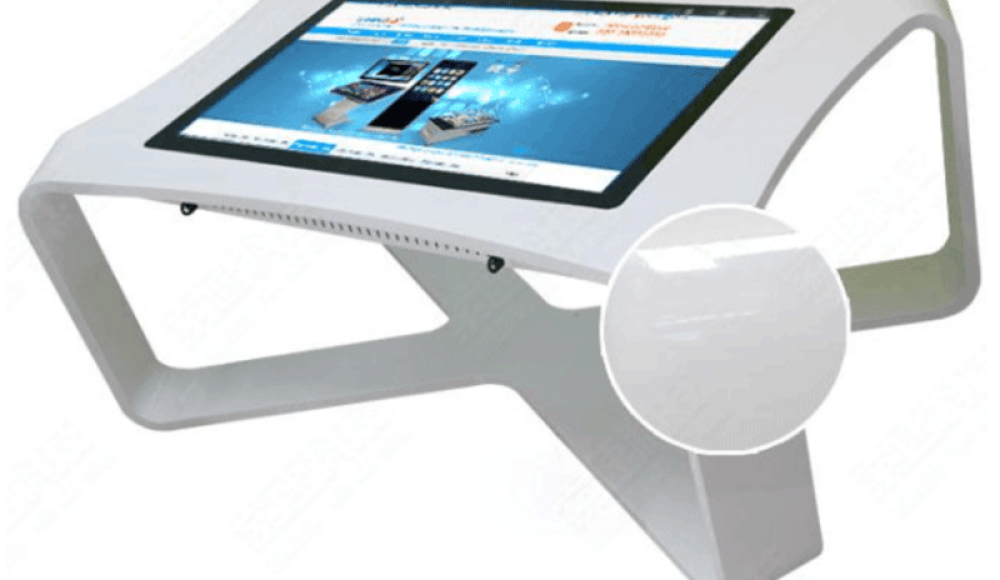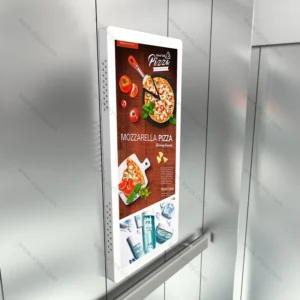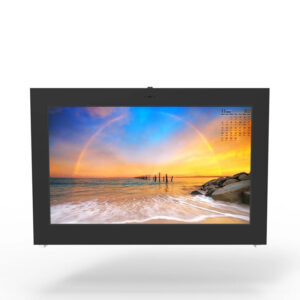A capacitive touch screen table is a versatile device commonly used in businesses, education, and entertainment settings. One of its most impressive features is its ability to support multi-touch gestures, a capability that enhances functionality and user interaction. This article explores how capacitive touch screen tables handle multi-touch gestures and why this feature is a game-changer.
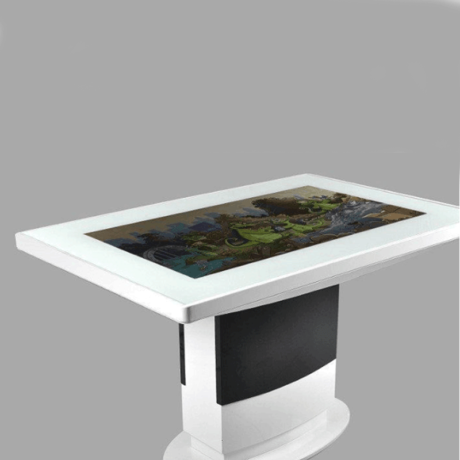
Understanding Capacitive Touch Technology
A capacitive touch screen operates by detecting changes in electrical signals. The surface is coated with a transparent conductive layer that responds to the touch of a finger or a conductive object. Unlike resistive touch screens, capacitive screens can detect multiple points of contact simultaneously, making them ideal for multi-touch applications.
Multi-Touch Gestures Explained
Multi-touch gestures involve the use of two or more fingers on a touch-sensitive surface. Common gestures include:
- Pinch-to-Zoom: Zoom in or out by pinching two fingers together or spreading them apart.
- Swipe: Slide multiple fingers across the screen to scroll or navigate.
- Rotate: Place two fingers on the screen and twist to rotate objects or images.
- Tap: Simultaneously tap with multiple fingers to trigger specific actions.
A capacitive touch screen table is designed to accurately register these gestures, providing a seamless interactive experience.
Benefits of Multi-Touch Functionality
The multi-touch capability of a capacitive touch screen table offers numerous advantages:
- Enhanced Collaboration: Multiple users can interact with the screen at the same time, making it perfect for group settings.
- Improved Productivity: Intuitive gestures simplify navigation, speeding up tasks like image editing, design, or data manipulation.
- Engaging Experiences: In retail or hospitality, multi-touch functionality captivates users, creating memorable and interactive customer experiences.
- Gaming Applications: Multi-touch gaming on capacitive tables provides a dynamic and immersive experience.
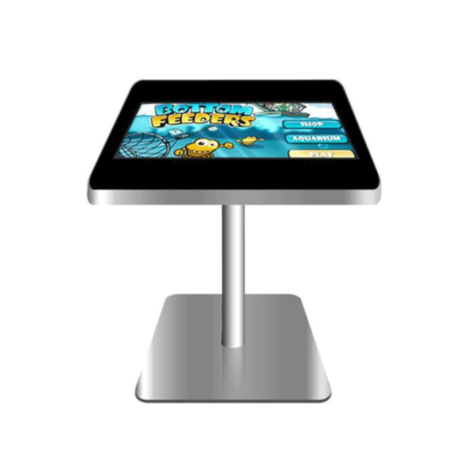
Real-World Applications of Capacitive Touch Screen Tables
- Education: Students can collaborate on projects using multi-touch gestures for learning applications.
- Retail: Customers can explore product catalogs or design custom items using intuitive touch interfaces.
- Healthcare: Medical professionals use multi-touch tables for patient education and diagnostic imaging.
- Entertainment: From digital board games to interactive museum exhibits, multi-touch enhances user engagement.
Limitations to Consider
While capacitive touch screen tables are powerful, there are some limitations to keep in mind:
- Environmental Interference: Extremely wet or humid conditions can affect touch sensitivity.
- Gloved Hands: Regular gloves may not register touch, although conductive gloves can be used.
- Cost: Multi-touch tables are generally more expensive than single-touch or resistive touch screens.
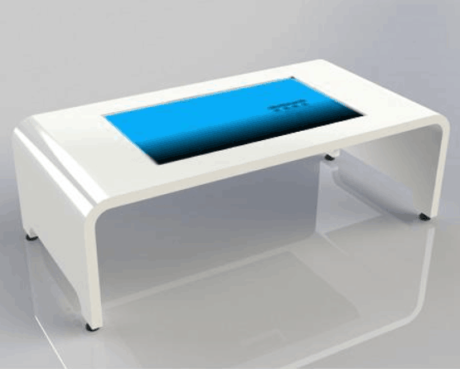
Conclusion
A capacitive touch screen table is a cutting-edge solution that fully supports multi-touch gestures, making it an ideal choice for collaborative and interactive applications. By enabling users to perform complex tasks with simple gestures, these tables significantly enhance productivity and engagement across various industries.
Whether for business, education, or entertainment, the multi-touch functionality of capacitive touch screen tables represents the future of intuitive, user-friendly technology.

